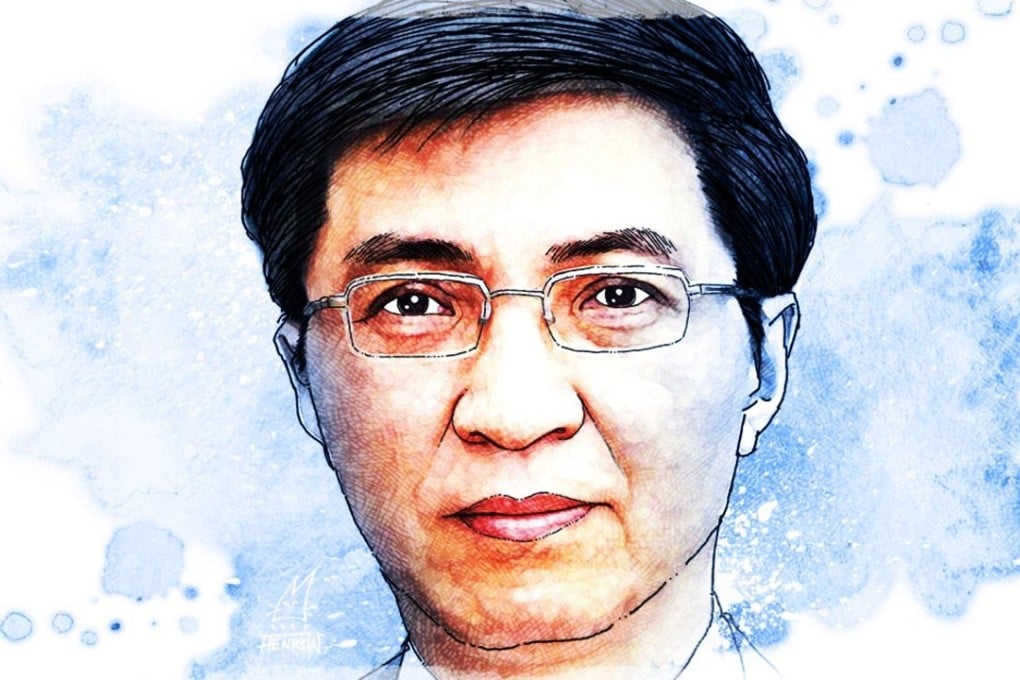Wang Huning: the low-profile, liberal dream weaver who’s about to become China’s ideology tsar
The former Fudan University professor has been influencing presidents behind the scenes for 30 years, but now he’s set to take centre-stage

Wang Huning is one of the new members of the Communist Party’s Politburo Standing Committee. Here we have a look at his road to the top:
Despite having served as an adviser to three Chinese presidents, remarkably little is known about the personal life of Wang Huning, who as the top official in charge of ideology, propaganda and party organisation is now one of the most powerful politicians in the country.
While his face might be unfamiliar to the public, his words will not be. Wang has been credited with being one of the architects of the “Chinese dream” concept, President Xi Jinping’s widely promoted vision for the rejuvenation of the Chinese nation.
For the past 15 years, the 62-year-old academic-turned-politician has headed the Central Policy Research Office – a party think tank – combining the roles of national policy adviser, chief speech-writer and principal theorist to the country’s top leader.
Wang is also known to have played a significant role in drafting former presidents Jiang Zemin’s “Theory of the Three Represents” and Hu Jintao’s “scientific theory of development”, both of which were written into the party’s constitution.